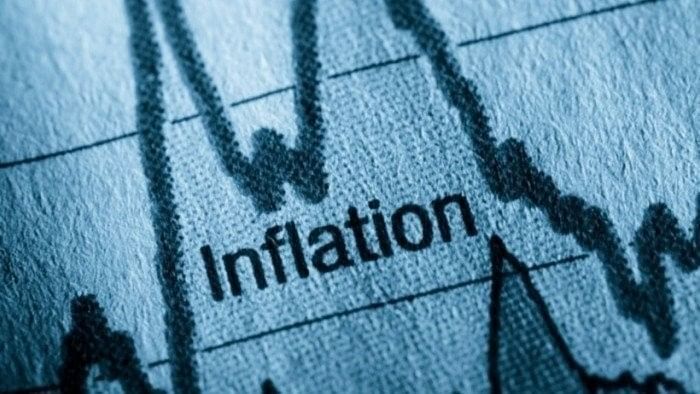
Representative image showing an illustration of inflation graph.
Credit: iStock Photo
Inflation needs to be tackled urgently
The spike in headline retail inflation to a 15-month high of 7.44% in July, up from 4.87% in June, as revealed by the National Statistical Organisation, was too steep even for those who had expected that it would be more than the projections of the Reserve Bank of India and others. In the Monetary Policy Committee last week, the RBI raised its forecast for the second quarter to 6.2%, from its earlier expectation of 5.2%. The rise in prices of vegetables had pushed up inflation, measured by consumer price index, to high levels but it has now gone far above the upper threshold mark of the RBI’s inflation-targeting framework. This should cause concern, and raise the question why the RBI’s assessment was so conservative and whether the higher inflation figure, if it had been available then, would have had any impact on its policy rate decision.
The hike in inflation was mainly caused by the increase in food prices. In the food category, vegetables contributed most to the spike, followed by spices, pulses and cereals. The RBI has said that the surge in vegetable prices is temporary and may moderate with the arrival of fresh stocks. The government has decided to intervene in the market with sale of wheat and rice from the Food Corporation of India’s stocks. Even when food inflation was rising, core inflation had softened. But the expectations of moderation can go wrong, as food prices depend much on the behaviour of the monsoon, which has not been normal so far this year. Meanwhile, crude oil prices are on the rise again and that will also work as an inflationary factor. While the RBI has the responsibility to bring the inflation level back to its 4% target, it is unlikely that it will achieve that goal anytime soon.
Containing inflation is not just the RBI’s responsibility but the government’s necessity, too. Rise in prices of essential commodities, especially food items, is a politically sensitive matter, especially when the country is moving toward general elections. High prices hurt the poor more much than they hurt the rich, and popular discontent over price rise can seriously affect the prospects of the ruling party. So, more government action is expected to contain prices in the coming weeks. But such containment measures can also affect farm incomes. Inflation will have an impact not only on the budget and buying power of people but on the larger economy also. The economic recovery, which was showing signs of stabilising, will be hit by a decline in demand caused by rising prices. The price signals therefore need urgent tackling.